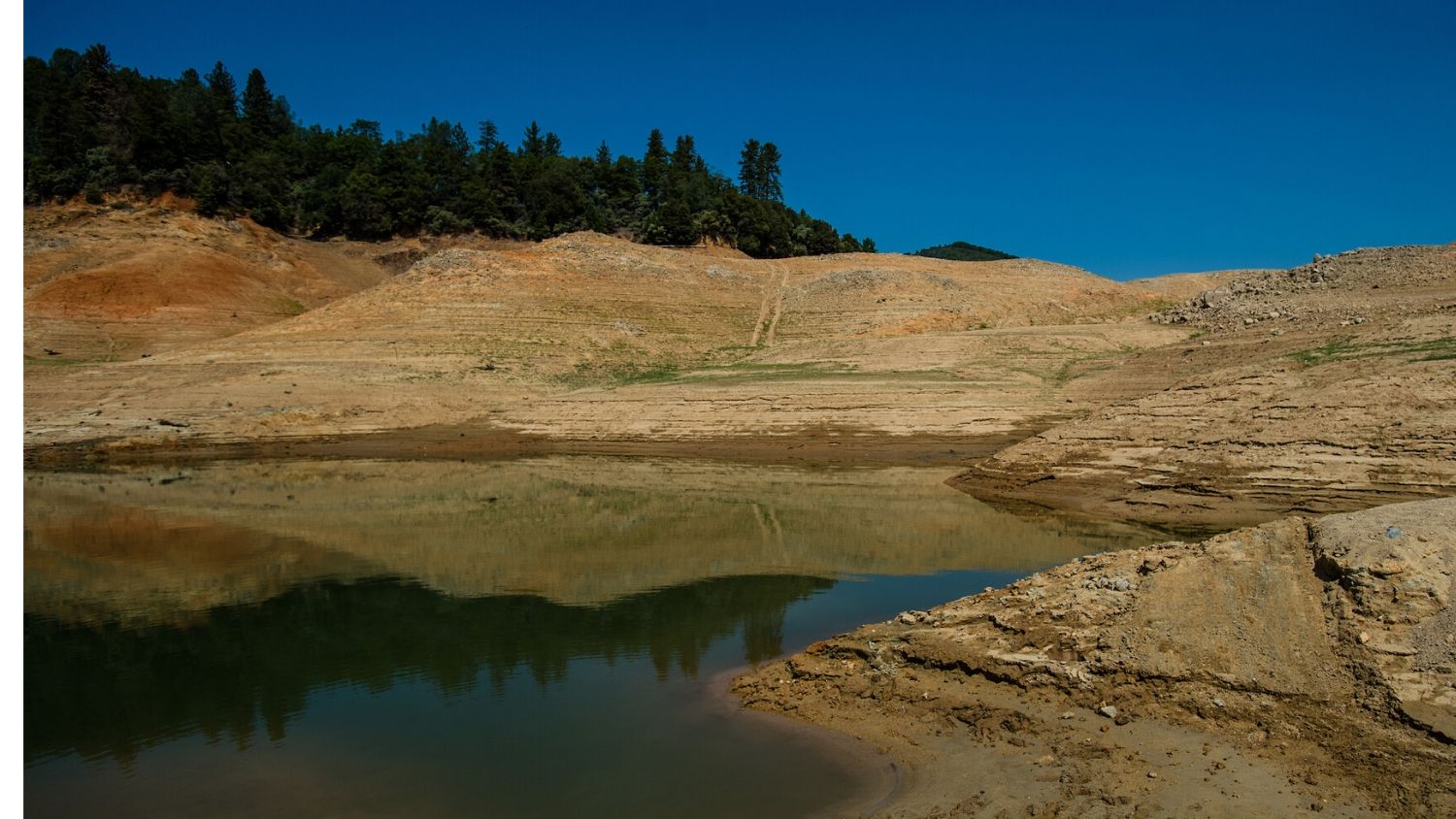Podcast: Water Rights


Recent droughts in the Western United States have made the already complicated question of water rights even more complicated. Eric Edwards, assistant professor of agricultural and resource economics at NC State, talks about water rights in the West, who they belong to, what they mean for rights holders, and who may be getting shortchanged.
“The Western U.S. has a fairly unique water rights system, different than places throughout the world, in that water rights are allocated in a manner known as ‘prior appropriation,'” Edwards, says. “And that’s first in time, first in right – so regardless of what you’re doing with the water now, [it’s] when you started diverting water [that] determines how senior in time your water right is.”
Up to 80% of water use goes towards agriculture. So cities have had to go out and find water rights to purchase rather than having them allocated to them.
So what does this mean for Indigenous peoples, who technically were first in time?
“It would make sense that the Indigenous groups who were there prior to the westward settlement of the U.S. would have the most senior water rights because they were there using the water prior to anyone else,” Edwards says. “But that’s actually not the way it works for a variety of reasons.
“The tribes were removed, moved from their traditional homelands in the mid-to-late 1800s, and put on reservations. The tribes received land, but no water rights to go with the land.”
And even though a Supreme Court ruling attempted to rectify this, giving Indigenous tribes water rights, there are still obstacles to those tribes being able to actually use or sell the water rights they have.
Recent droughts have made all of this even more complicated.
“The Colorado River, where many tribal reservations are located, is significantly over-appropriated in terms of water rights,” Edwards says. “And tribes control 20% of that water right now, with more lawsuits ongoing to settle water rights for other tribes.
“How those negotiations are going to work is going to be complicated. But they’re all under the framework of this appropriate rights doctrine, where certain users have higher priority than others. And at least on paper, tribes have the highest priority rights of anyone in the basin.”


